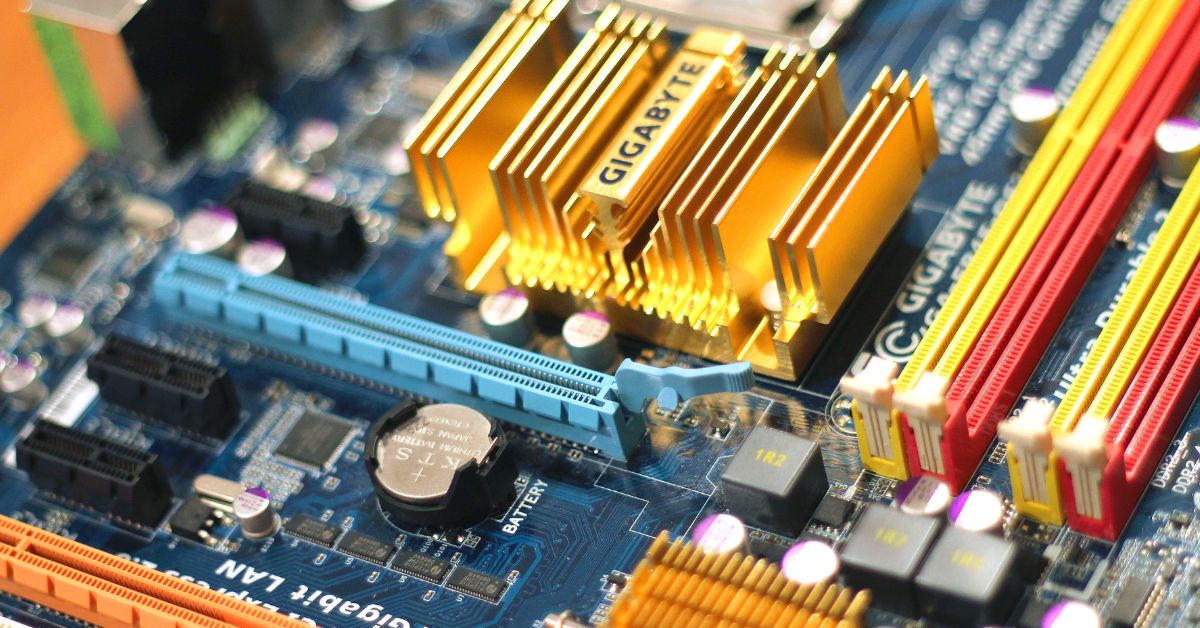The Rise of Energy Efficient Washing Machines
In today’s world, where sustainability and environmental consciousness are increasingly prioritized, energy efficient washing machines have emerged as a pivotal choice for households. These appliances not only contribute to reducing utility bills but also play a significant role in minimizing environmental impact. As the demand for eco-friendly products grows, manufacturers are innovating to produce washing machines that consume less energy and water while maintaining exceptional performance.
Energy efficient washing machines utilize advanced technologies to achieve remarkable efficiency. Features such as load sensing, which adjusts water and energy usage based on the laundry load, and high-efficiency motors that reduce energy consumption, are becoming standard. Additionally, many models are equipped with eco-friendly cycles that use lower temperatures and shorter wash times, further enhancing their efficiency.
One of the most notable benefits of these machines is their ability to significantly reduce household energy consumption. According to the U.S. Department of Energy, ENERGY STAR certified washing machines use approximately 25% less energy and 33% less water than conventional models. This reduction not only translates into cost savings for consumers but also contributes to a decrease in greenhouse gas emissions, aligning with global efforts to combat climate change.
Moreover, the longevity and reliability of energy efficient washing machines often surpass that of their less efficient counterparts. With robust construction and innovative design, these appliances are built to last, reducing the frequency of replacements and the associated environmental impact. By investing in an energy efficient washing machine, consumers are making a conscious choice towards a more sustainable future.
Key Features and Technologies
Energy efficient washing machines are equipped with a variety of features and technologies that enhance their performance while minimizing resource consumption. One of the standout technologies is the inverter motor, which operates more quietly and efficiently compared to traditional motors. This technology not only reduces noise pollution but also extends the lifespan of the machine, providing a durable and reliable option for households.
Another significant feature is the use of smart sensors that optimize water and energy usage. These sensors detect the size of the laundry load and adjust the amount of water and energy required accordingly. This ensures that no resources are wasted, making the washing process more efficient and environmentally friendly.
Many energy efficient washing machines also offer a range of wash cycles designed to cater to different fabric types and soil levels. These cycles are tailored to use the minimum amount of water and energy necessary for effective cleaning. For instance, quick wash cycles are ideal for lightly soiled clothes, using less water and energy while still delivering outstanding results.
In addition to these features, some models incorporate steam cleaning technology, which enhances the cleaning process by loosening dirt and stains, reducing the need for pre-treatment and heavy-duty cycles. This not only saves time but also conserves water and energy, aligning with the principles of sustainability.
Overall, the integration of these advanced features and technologies makes energy efficient washing machines a practical and eco-conscious choice for modern households. By embracing these innovations, consumers can enjoy superior cleaning performance while minimizing their environmental footprint.
Choosing the Right Energy Efficient Washing Machine
When selecting an energy efficient washing machine, there are several factors to consider to ensure you choose the right model for your needs. One of the foremost considerations is the machine’s energy efficiency rating, often indicated by the ENERGY STAR label. This certification guarantees that the appliance meets strict energy efficiency guidelines set by the U.S. Environmental Protection Agency, providing assurance of its performance and environmental benefits.
Another crucial aspect to consider is the size and capacity of the washing machine. It’s essential to select a model that matches your household’s laundry needs. A machine with a larger capacity may be ideal for families, while a smaller unit could suffice for individuals or couples. Choosing the right size ensures optimal efficiency, as overloading or underloading the machine can affect its performance and energy consumption.
Additionally, consider the range of features offered by the washing machine. Look for models with programmable settings, such as delayed start and end-of-cycle alerts, which can enhance convenience and efficiency. Some machines also offer connectivity features, allowing you to monitor and control the appliance remotely via a smartphone app.
Price is another factor to weigh in your decision. While energy efficient washing machines may have a higher upfront cost compared to conventional models, the long-term savings on utility bills and the reduced environmental impact often justify the investment. It’s important to view this purchase as a commitment to sustainability and future cost savings.
In conclusion, choosing the right energy efficient washing machine involves evaluating your household’s needs, considering the machine’s features and certifications, and weighing the long-term benefits against the initial investment. By making an informed decision, you can contribute to a more sustainable lifestyle while enjoying the convenience and performance of a modern washing machine.






